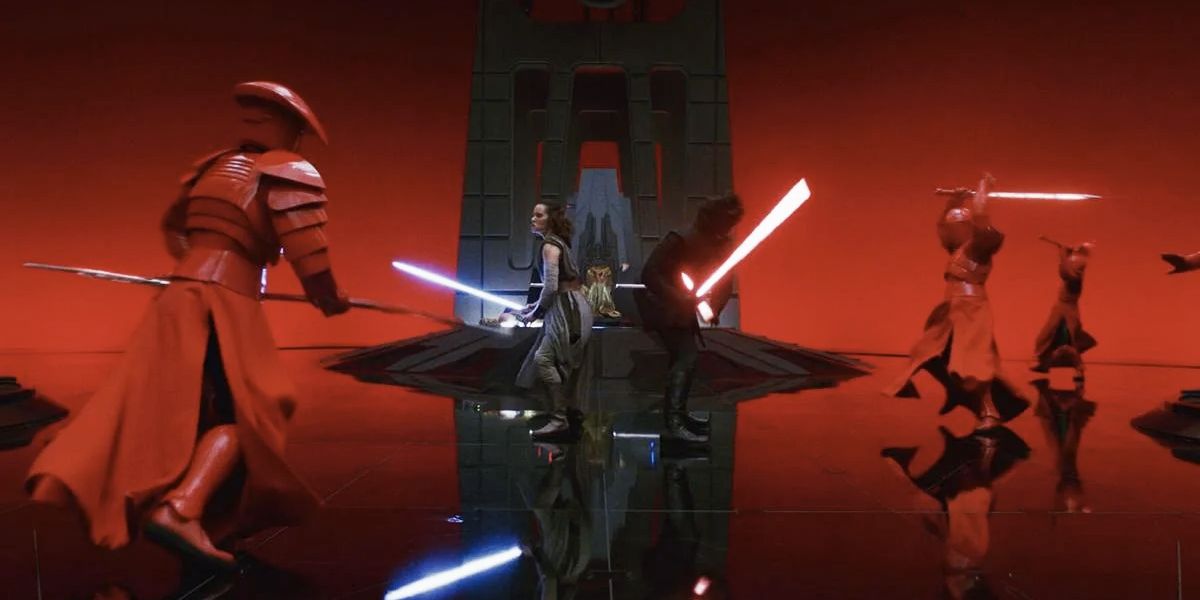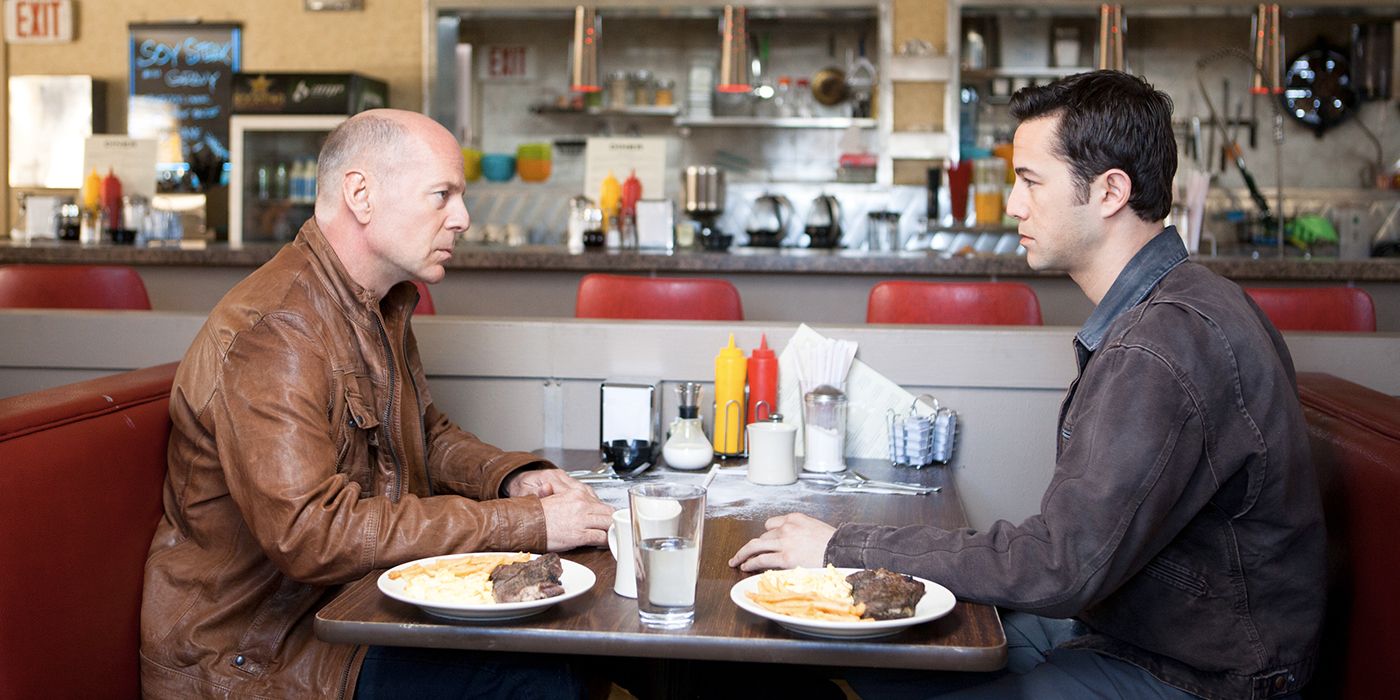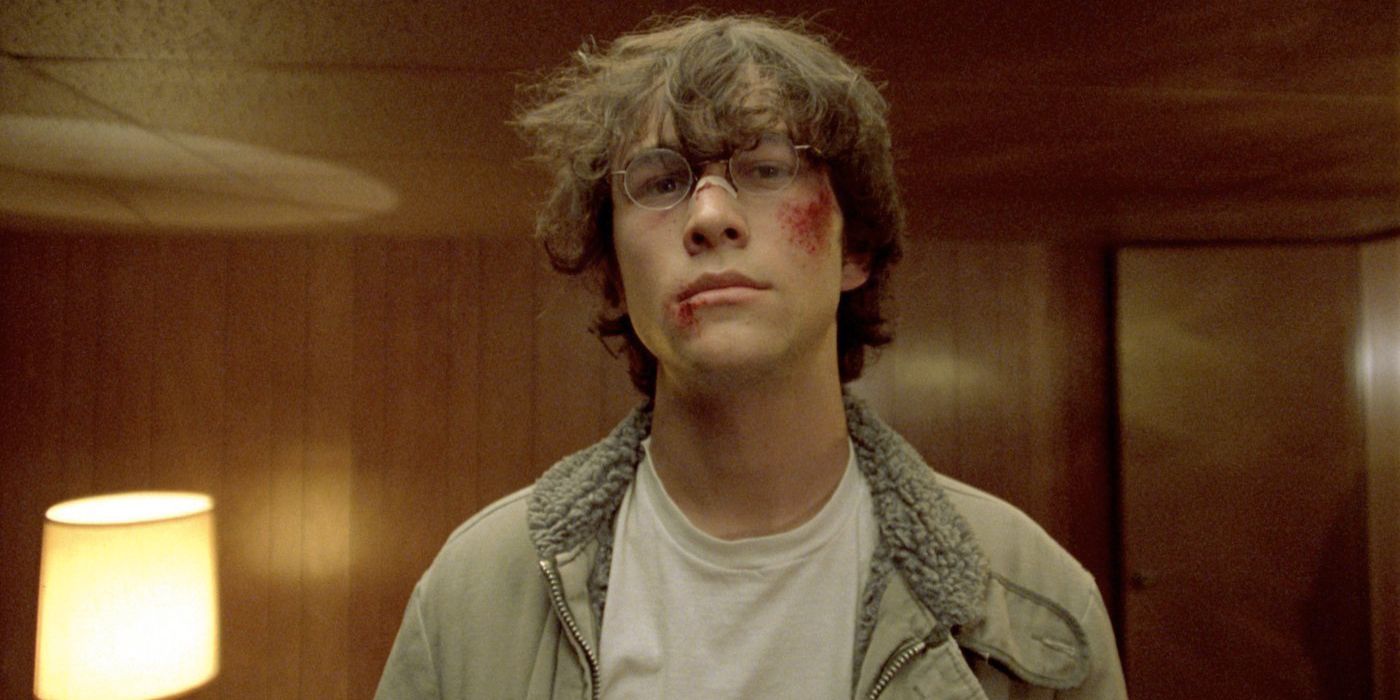Rian Johnson is one of the signature filmmakers of his generation, and he has already established his reputation as a clever and original voice, while also paving the way for future successes. Johnson has worked on projects ranging wildly in budget, genre, and tone. Regardless of whether he’s working on an independent microbudget neo-noir or in the galaxy far, far away, Johnson possesses wit and knowing recognition of genre that makes his stories even more exciting.
In fact, some of Johnson’s best work has been on the small screen, as he contributed to some of the most memorable episodes ever of Breaking Bad. After the artfully ambitious “Fly” in Season 3 and Season 5's existential episode “Fifty-One,” Johnson crafted one of the final episodes with “Ozymandias.” Hailed for its emotional devastation and inventive structure, “Ozymandias” is among the best episodes of the series, if not its crowning achievement. He’s also directed for Terriers and several music videos.
Johnson’s six feature films are all fully formed narratives well worth watching, and he’s not slowing down anytime soon. A Knives Out 3 is already in the works. Here are all six Rian Johnson movies, ranked from good to greatest.
6. The Brothers Bloom (2008)
Johnson’s second film The Brothers Bloom is certainly a clever, engaging caper adventure that zips along with kinetic pacing and rapid-fire one-liners, but it's perhaps the only film within Johnson’s filmography that seems a bit too clever for its own good. It’s not that Johnson doesn’t pull off the twists and turns, as with most caper films it's more about the journey than the reveal, but as the story progresses it becomes harder to follow. At the same time, The Brothers Bloom is inherently about performance and plasticity, so perhaps the fact that it doesn’t come together all the way is a bit of knowing execution on Johnson’s part.
The story centers around the con artist brothers Stephen (Mark Ruffalo) and Bloom (Adrien Brody), who carry out an elaborate scheme to steal the fortune of the wealthy heiress Penelope Stamp (Rachel Weisz), who ends up joining their crew. While their misadventures and elaborate heists are enjoyable, the film is kept afloat by the tumultuous family strife at the center, as Bloom desperately begs his brother to take anything seriously and give him a straightforward answer. This meditation on the conflict between sincerity and personality adds substance to the adventure.
5. Knives Out (2019)
Knives Out is a whodunit made by someone who loves whodunits. Although it speaks to modern themes about the bloated cynicism and self-importance of the grossly wealthy, everything about the execution and delivery is wonderfully classical. The influences are in the text itself, as the story centers around the death of the mystery novelist Harlan Thrombey (Christopher Plummer), which lets the film play as a loving tribute to Agatha Christie-era literature. Daniel Craig’s Benoit Blanc is both a wackier and more sensitive take on Poirot, once again showing that outside of the 007 series, Craig can bring a character actor’s specificity to his leading roles.
Enough good words can’t be said about the ensemble, and it's rare that actors are so naturally attuned to the material. Does the stacked cast of Hollywood heavy-hitters make the dialogue even funnier, or are they just aping off the brilliance of Johnson’s script? While the execution and danger keep up the relentless pace, there’s a sense of optimism and warmth at the heart of Knives Out. Blanc is a kind-hearted, unpretentious sleuth, and Ana de Armas’ incredible work as Harlan’s loyal nurse Marta Cabrera gets her due justice in the most perfect closing shot imaginable. So why does Knives Out rank so low? Perhaps it's wrapped up in such a satisfying way, whereas the top four are more ambiguous in what they leave the viewer to chew on.
4. Glass Onion: A Knives Out Mystery (2022)
Unsurprisingly, the success of Knives Out inspired Johnson to return to the material with a new mystery involving Benoit Blanc. Netflix had full confidence in his vision, and signed on to produce a second and third installment. What’s interesting about Glass Onion: A Knives Out Mystery is that it isn't a traditional sequel; rather than exploring a mystery that was already wrapped up, the film shows simply another fun case for Blanc to solve. It doesn’t discredit the first film’s perfect ending, and the central mystery itself is more satisfying. Blanc is invited by the ambitious tech giant Miles Bron (Edward Norton) to solve the case of his own murder.
The first Knives Out spent a lot of time inverting tropes in mystery films, and Glass Onion continues the film’s social commentary. Beyond its emphasis on the wealth disparity, the film addresses canceled culture, social media, influencers, and creative license. This commentary is incorporated more subtly, but it gives Blanc a sense of righteous anger that is fitting for his character. At 139 minutes, it simply flies by without any dull moments. It’s tightly packed with twists, flashbacks, events told from multiple perspectives, and some unexpected cameos that are utterly delightful.
Johnson embraces why Blanc is so beloved. Unlike other famous detectives, he’s not pretentious and cold. Craig’s inherent warmth and hilarious accent are even more delightful, and he shows more of the warmness that he shared with Marta in the first film. While Johnson proved with The Last Jedi that he could subvert our expectations for a Star Wars movie, Glass Onion showed that he was even able to upend the world he created. While audiences will not want to wait too long before seeing Knives Out 3, Glass Onion is worth rewatching and analyzing to explore its latent details.
3. Star Wars: The Last Jedi (2017)
Star Wars: The Last Jedi is the only follow-up to the original trilogy that truly engages with the thematic subtext of The Force in a compelling way. It’s a less plot-driven narrative than any other entry in the series, and while there are many thoughtful subplots within Johnson’s story, the dichotomy of Rey (Daisy Ridley) and Kylo Ren (Adam Driver) is most engaging with its theme of balance. Kylo Ren is an artfully written antagonist; behind the mask is not pure rage, but the mind of a frightened child who's never been able to cope with his traumatic experiences and the lofty expectations laid at his feet.
The Last Jedi is also the most visually beautiful installment in the saga, featuring stunning 60mm and 35mm Kodak from Johnson’s regular collaborator Steve Yedlin. The planets of Crait, Ach-To, and Canto Bight are crafted with a creative mix of practical and digital effects, and Johnson’s vision of lightsaber duels combines the raw energy of the classic trilogy with the fluid formal elegance of the prequels. The holographic image and sacrifice of Luke Skywalker (Mark Hamill) is a brilliant re-imagining of Yoda’s teachings that skillfully ends the film on an ambiguous, yet hopeful note.
2. Looper (2012)
Looper is one of the most original science fiction films of the 21st Century, and while there’s a hint of Johnson’s passion for playing with familiar genre elements through its new take on the sci-fi neo-noir, it feels completely new. It’s not just an inventive use of time travel that Johnson is playing with, but a fun spin on watching parallel timelines sync up and divert. The world building of Looper’s world of futuristic tracking images and telekinetic powers is conveyed to the audience purely through how it affects the character of Joe (Joseph Gordon-Levitt) and his older self (Bruce Willis).
The themes of destiny, regret, and redemption are weighty and receive the frank discussions that Looper has, but on a visceral level, it's simply an exciting action movie. Joseph Gordon-Levitt takes on one of the darker roles of his entire career, and Bruce Willis actually seems awake and gives one of his few great performances of the 2010s. The manhunt element and mystery behind the identity of the “Rainmaker” is compelling and leads to ponderous moral dilemmas. An original, ambitious science-fiction film with a studio budget is worth hailing regardless, but Looper cements itself as a future classic.
1. Brick (2005)
Johnson first wrote the screenplay for his directorial debut in 1997 and tried to pitch it for seven years with no interest. Scraping together a low budget, he theorized that all you needed was a good script and a little creativity. After all of his box office success and the lofty budgets thrown at his feet, nothing can top the ingenuity Johnson showed in Brick. The reimagining of the hard-boiled detective cinema brilliantly re-contextualizes the genre archetypes within a Los Angeles high school. Instead of social classes there are school clubs, instead of a stern police sergeant there’s an opinionated Vice Principal, instead of a femme fatale there’s an illustrious theater girl, and instead of private eyes, there’s the teenage loner Brendan (Joseph Gordon-Levitt).
This symmetry may seem like the basis for parody, but there’s nothing satirical about Brick’s narrative, which takes the stakes of the mystery very seriously. The meditative dialogue doesn’t feel incongruous with the adolescent characters, and Johnson’s narrative structure incorporates flashbacks and exposition appropriately. There’s also a creative nastiness to the film’s grainy cinematography with violence that is raw. An inspirational work for aspiring directors that remains one of the strongest modern neo-noirs, Brick is still Johnson’s crowning achievement.

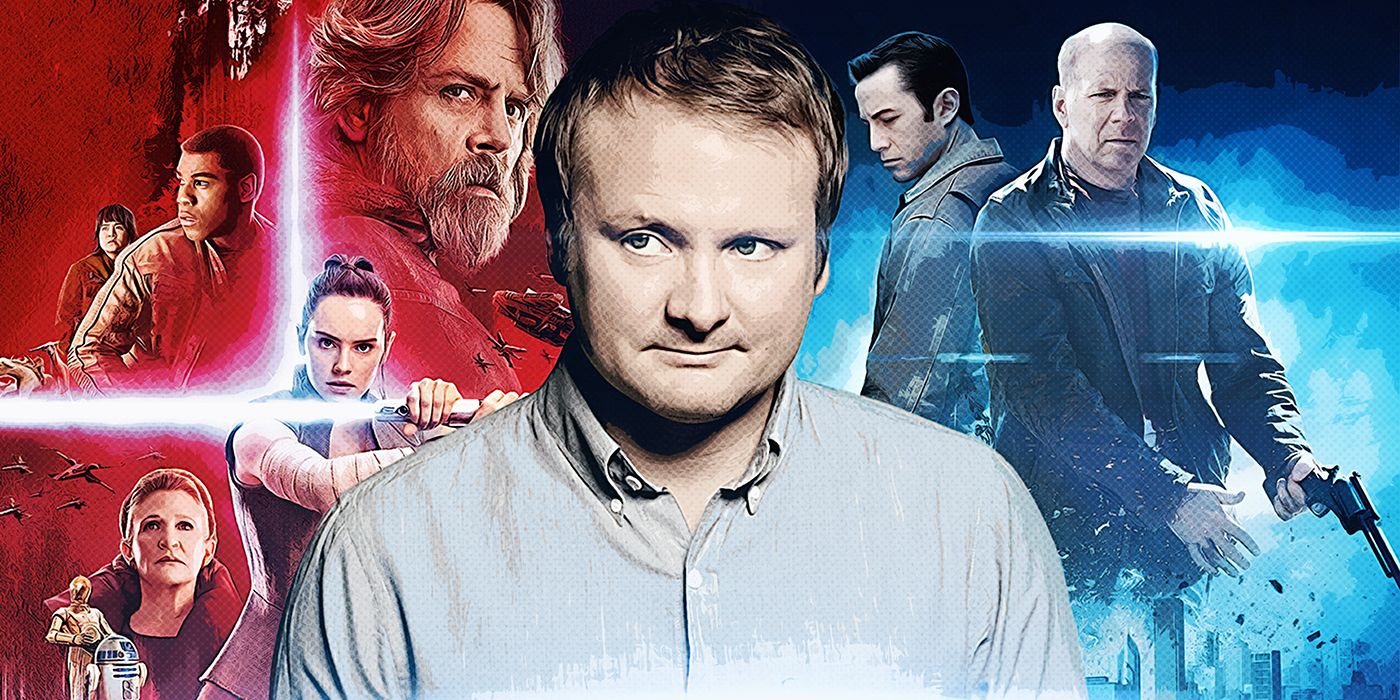
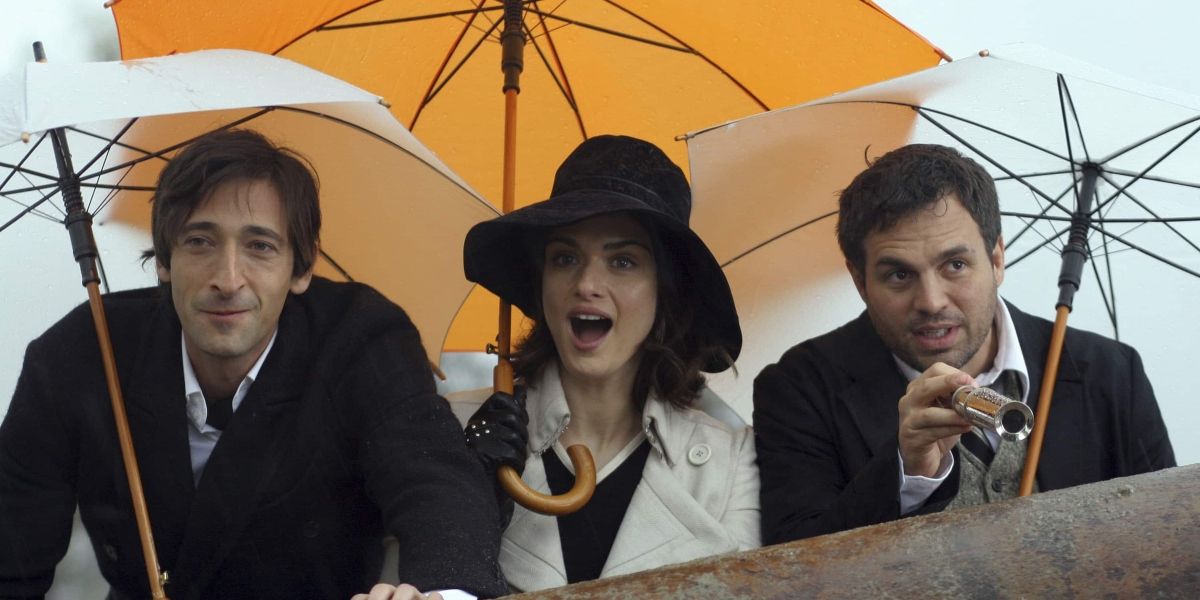
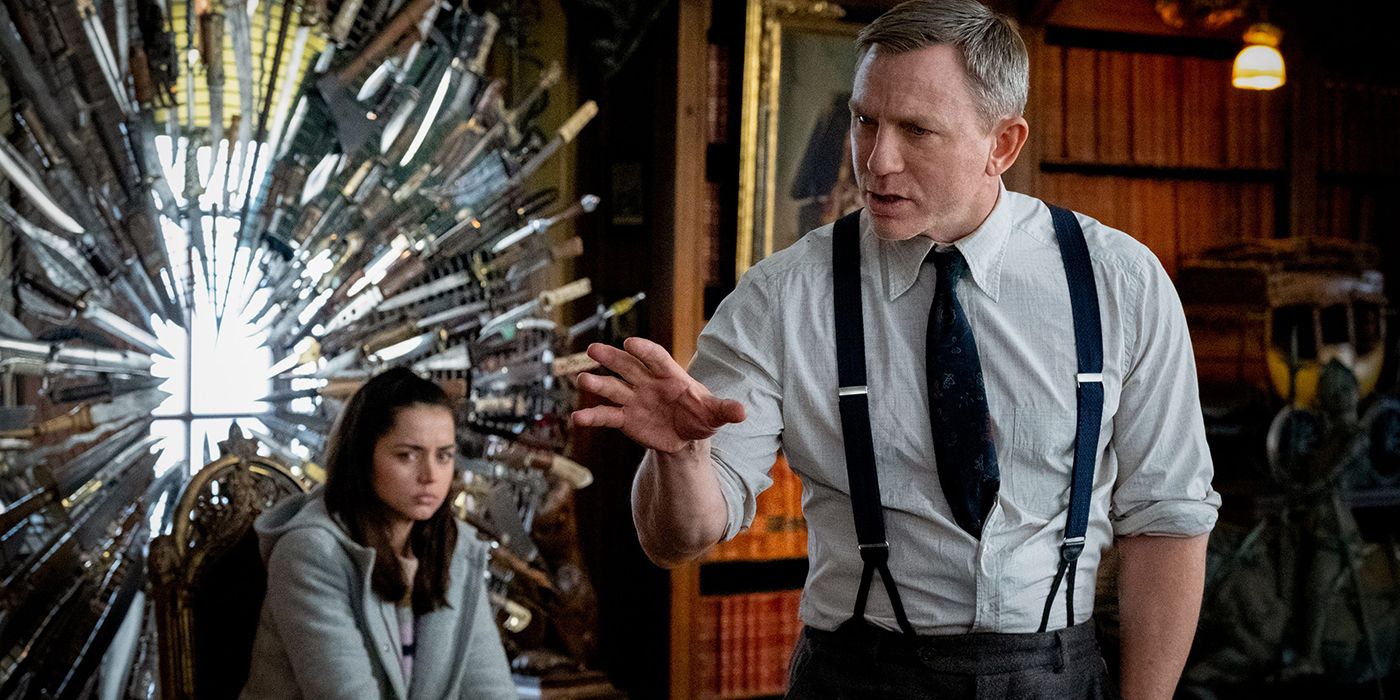
.jpg)
